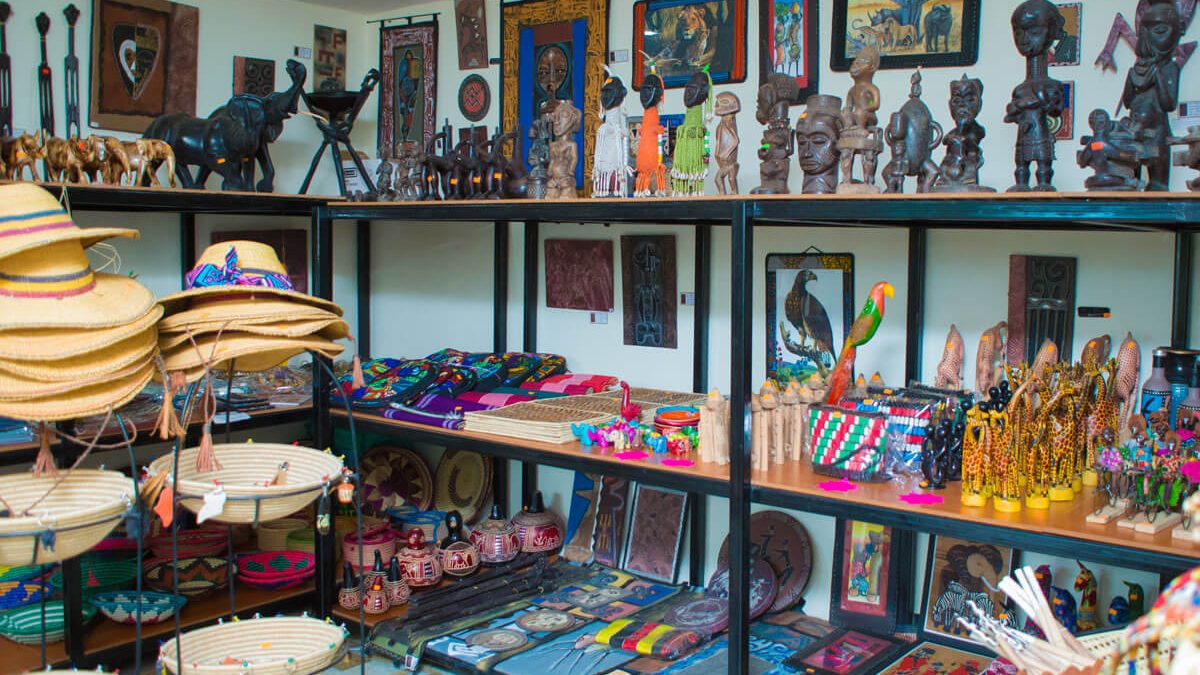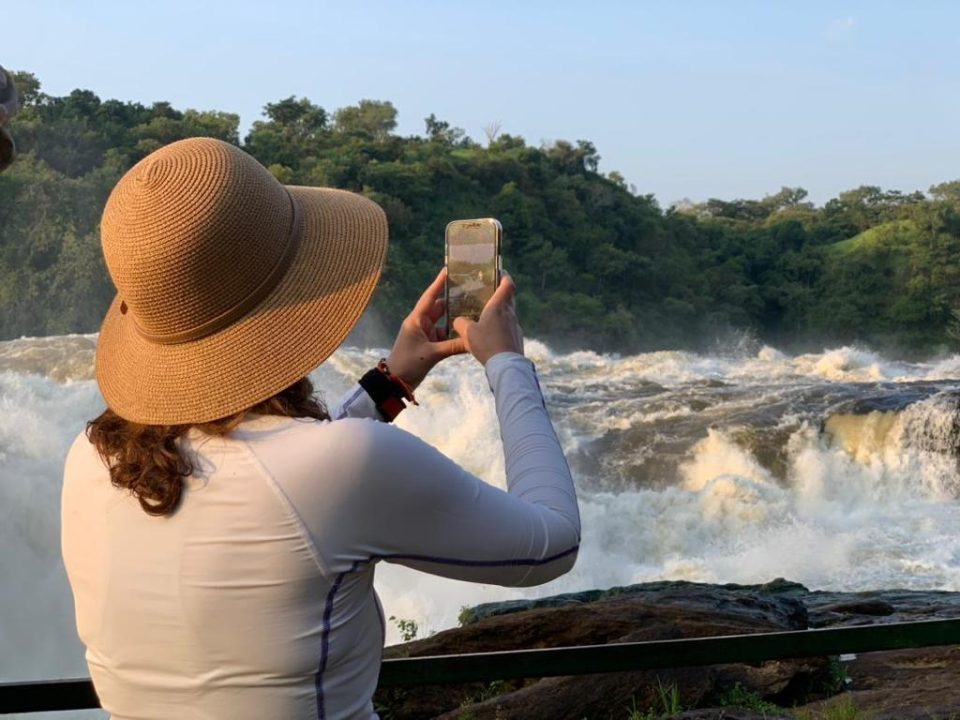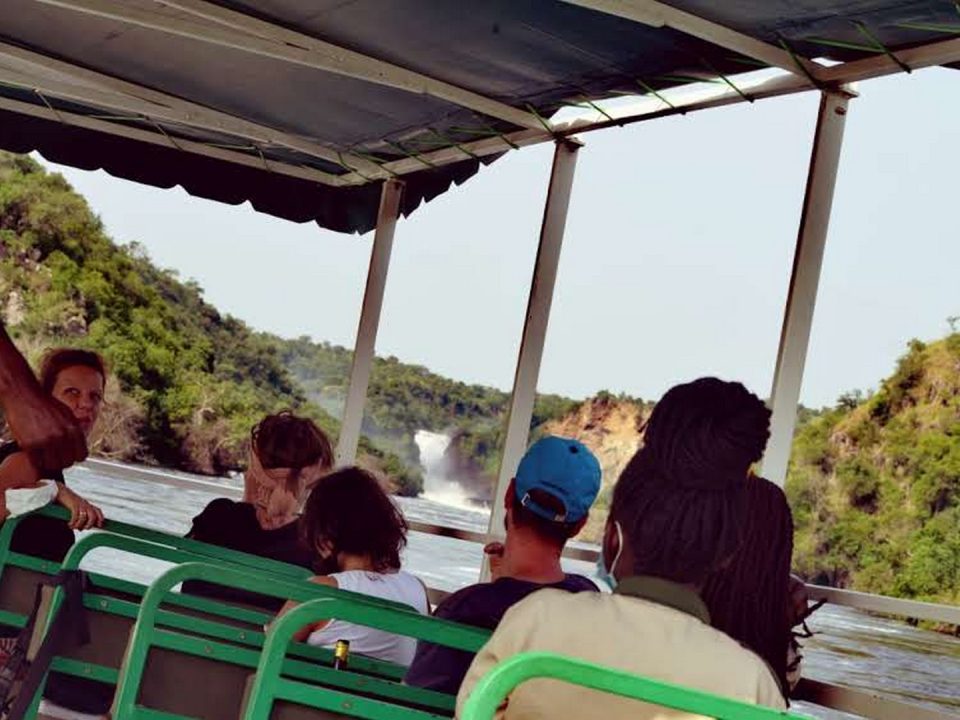Self-Drive Safaris in Uganda
September 1, 2023
Tanzania Africa Travel
September 5, 2023Shopping in Uganda While on Safari
While on safari, Shopping in Uganda can be a memorable and enriching experience, allowing you to bring home unique souvenirs and support local artisans. Whether you’re exploring local markets, visiting craft shops, or purchasing traditional crafts, here are some tips for shopping in Uganda while on safari.
Shopping in Uganda provides an opportunity to connect with local culture and communities, and it’s a way to bring home lasting memories of your safari experience. Just remember to shop responsibly, support local artisans, and be respectful of local customs and traditions.
Souvenirs and Local Crafts:
Look for authentic and locally made souvenirs, such as traditional crafts, textiles, jewelry, wood carvings, baskets, and artwork.
Local Markets:
Visit local markets like Nakasero Market in Kampala or various craft markets around the country. These markets offer a wide range of products and an opportunity to interact with local vendors.
Craft Shops:
Many cities and towns have craft shops that offer high-quality products in a more controlled environment than open markets.
Bargaining:
Bargaining is common in markets and local shops. Don’t be afraid to negotiate politely, but remember to respect the value of the artisans’ work.
Quality Check:
Inspect items closely before purchasing to ensure they are of good quality and in the condition you want.
Authenticity:
When purchasing traditional or cultural items, ask the seller about the authenticity and cultural significance of the product.
Support Local Artisans:
Purchasing directly from local artisans supports their livelihoods and preserves traditional craftsmanship.
Payment:
Cash is the primary form of payment in local markets and shops. Have smaller denominations for ease of transactions.
Transportation:
Consider how you will transport your purchases. If an item is large or delicate, make arrangements for proper packaging or shipping.
Document Your Purchases:
Keep receipts and documentation for your purchases, especially if you’re buying items with cultural or historical significance.
Cultural Sensitivity:
When shopping for traditional clothing or crafts, be mindful of cultural appropriateness and respectful representation.
Authenticity and Certification:
Some products, such as wildlife-related items or antiques, may require documentation or certification to be legally exported. Check the rules and regulations.
Wildlife Products:
Avoid purchasing products made from endangered wildlife or their parts, as this contributes to illegal wildlife trade.
Language and Interaction:
Learning a few basic phrases in the local language (such as Swahili) can enhance your interactions with local vendors.
Health and Hygiene:
Keep in mind the material and hygiene of the items you’re purchasing, especially if they’re consumable or wearable.
Long Uganda Safaris Tour Holidays
10 Days Uganda Cultural Safari





